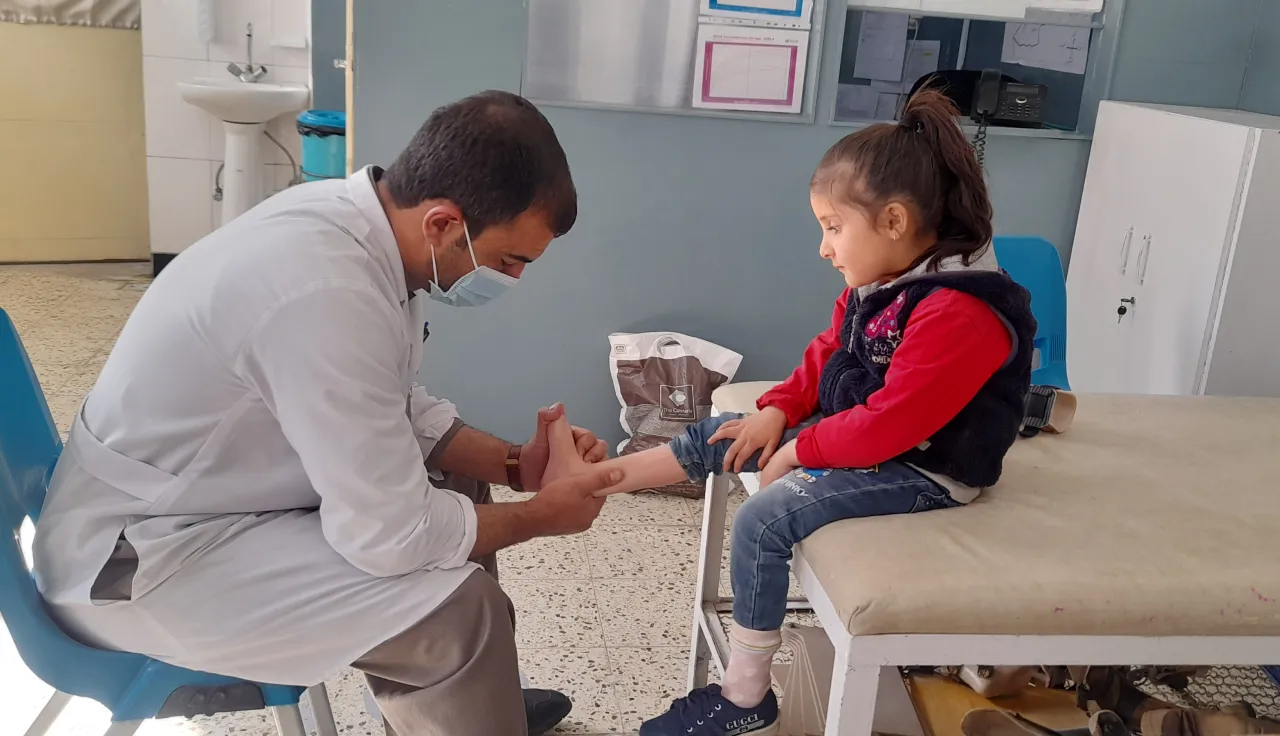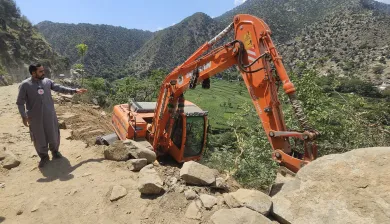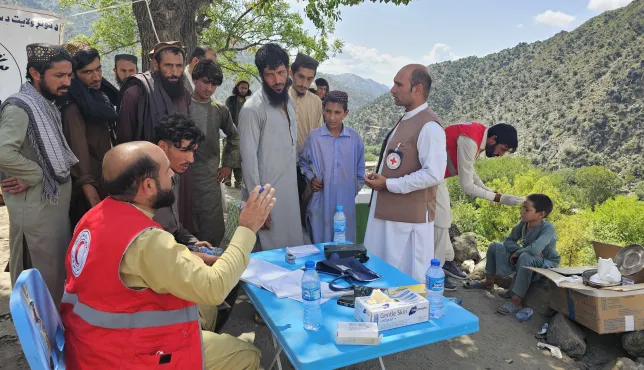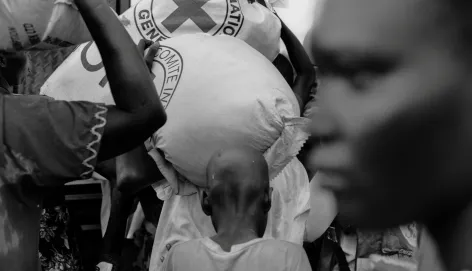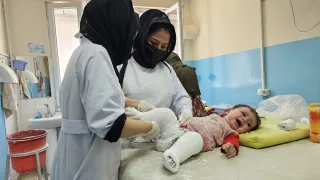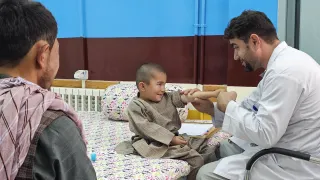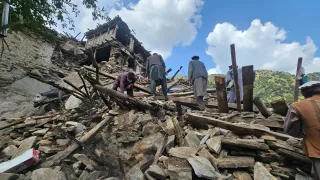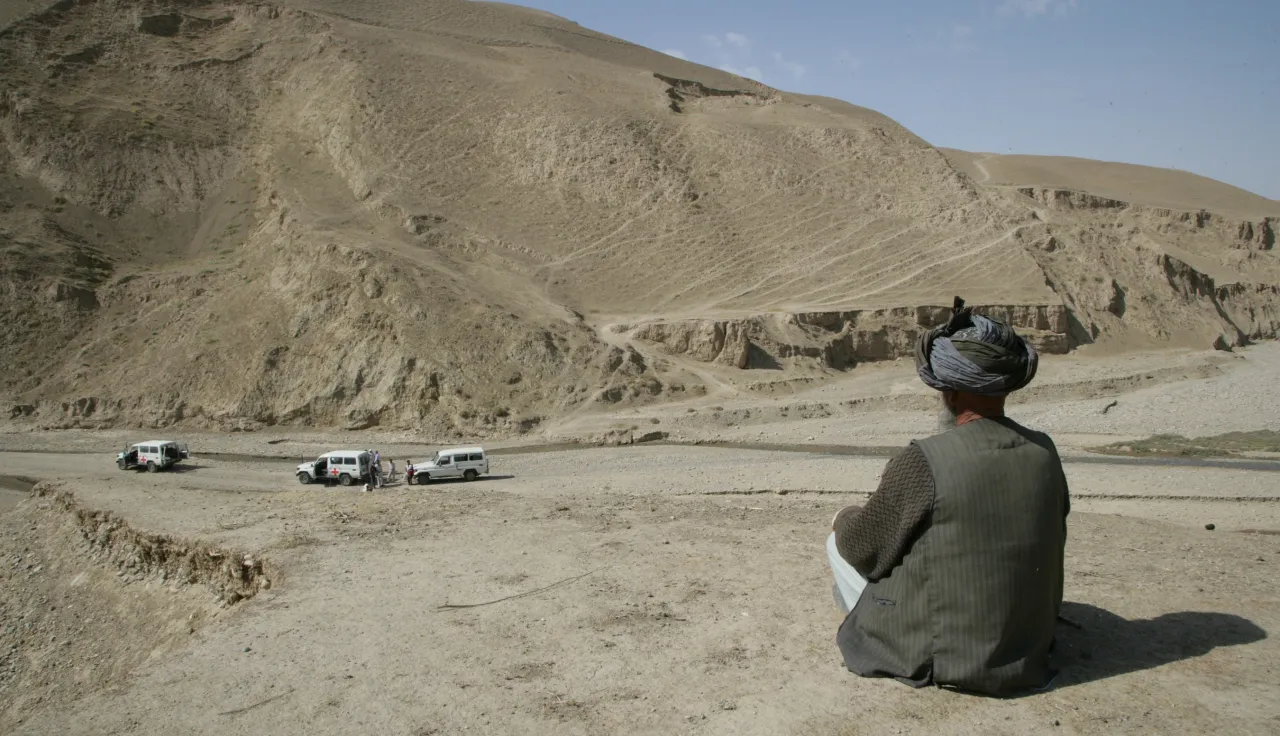Our work in Afghanistan
The ICRC is responding to the humanitarian crisis in Afghanistan by providing basic health care and physical rehabilitation support, helping people establish livelihoods and earn money, reconnecting families that have been separated by the conflicts, and improving access to clean water, sanitary facilities and electricity. We work together with the Afghan Red Crescent Society and other partners of the International Red Cross and Red Crescent Movement.

